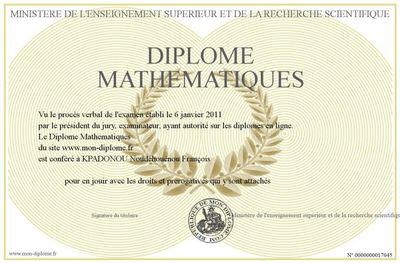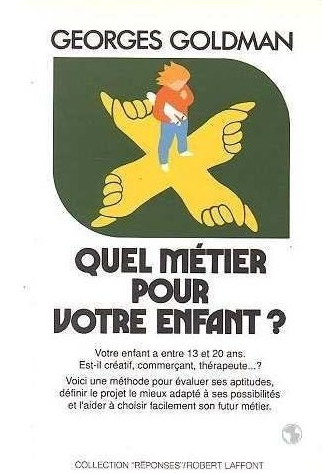
Stéphane, a guy I know, is studying to be a translator. I asked him why, and he said, "I was bored with teaching math in high school, and there isn't anything else I can do with my degree." I was surprised to find out that he had a university degree in math.
"What do you mean, there's nothing else you can do?" I said. "Businesses are always looking for people who are good at math. You could work in lots of places." I have a young relative who just graduated with a degree in math and had no trouble finding a job crunching numbers.
"No, business jobs all require a degree in applied mathematics, or in informatique," he said. "No one will hire you in business with a degree in pure math."
Ah, credentialism! It is hard at work in France, where employers are often staggeringly specific in their demands for a degree. It's also normal to specify "âgé de 25 à 35 ans." Older people, you just go die.
That reminded me of a conversation I had with Jacqueline, who cuts my hair. I've known her for years and always admired her style and the way she is raising her children. "How did you choose to be a coiffeuse?" I asked, expecting to hear, as I do in the States, "Oh, I've always loved hairstyles!"
Jacqueline, who was standing behind me, looked at us in the mirror and said evenly, "I didn't choose. It was the only thing I could do after I failed my Bac."
Her assistant chimed in, "None of us chose. If it was to choose, we'd probably all be doing something else."
[Book title below: What career for your child? Your child is between 13 and 20 years old. Is he creative, commercial, therapeutic? Here is a method to evaluate his aptitudes, define the project best adapted to his possibilities, and easily help him choose his future career.]


